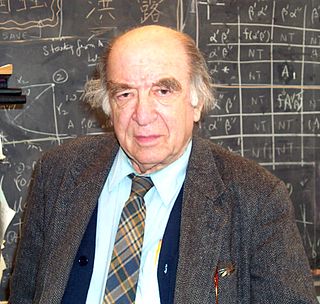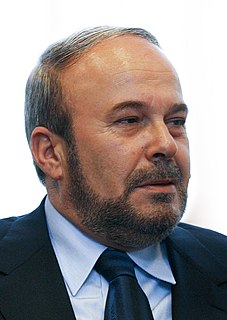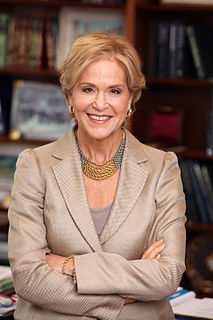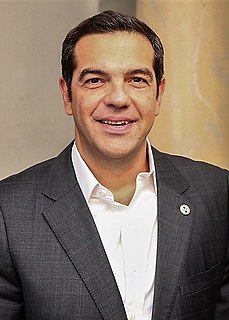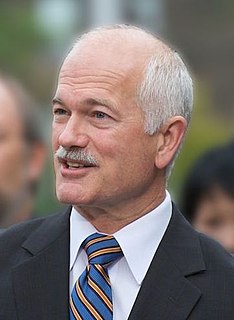A Quote by Leonid Hurwicz
I had the belief that many troubles you could observe on the European continent were due to politicians not understanding economic phenomena. Even if they had good intentions, they didn't have the skills to solve problems.
Related Quotes
My career was always about working with people, and understanding issues and problems and helping them to solve those issues and problems. How you deal with people - that's what diplomacy is all about. So while I'm not a career diplomat, many of the skills I had seemed to directly translate into the diplomatic arena.
I had noticed that many of these successful people, historical and contemporary, shared certain common traits. They had a way of thinking that was exceptionally fluid; they could adapt to almost any circumstance; when confronted with problems, they could look at them from novel perspectives and solve them.
